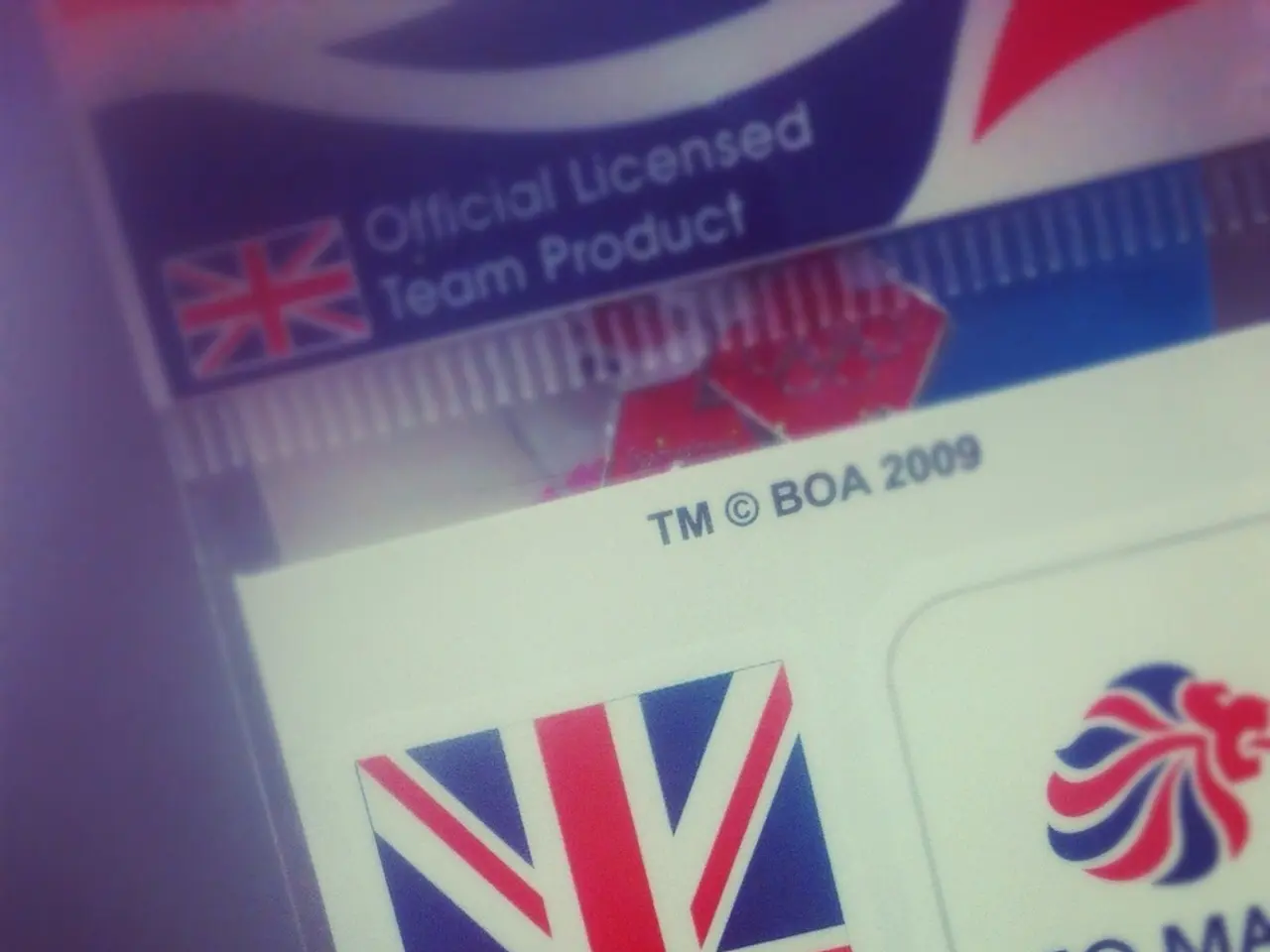Regulation of Franchises and Criminal Penalties under the Foreign Corrupt Practices Act
In the ever-expanding global market, franchisors must be mindful of potential risks associated with the Foreign Corrupt Practices Act (FCPA), a U.S. law that prohibits the bribing of foreign officials.
The Department of Justice (DOJ) has made it clear that a U.S. company's FCPA responsibilities extend to the conduct of a wide range of third parties, including franchisees. This means that franchisors, particularly those operating in countries where bribery or gifts are common in business relations, should exercise caution.
Aaron Murphy, an attorney at Foley & Lardner and the author of the book 'Foreign Corrupt Practices Act – A Practical Resource for Managers and Executives', provides examples of how U.S. companies doing business overseas may create a possible FCPA liability. These include interactions with customs and tax officials, licensing and permits, work permits and visas, and inspections and certifications.
To mitigate these risks, it is recommended that franchisors have a compliance subject matter expert (SME) available for franchisees. Franchisees and their key employees should also receive FCPA training. Moreover, the franchise agreement should include strong FCPA anti-corruption/anti-bribery language.
Anonymous reporting hotlines for FCPA violations should be provided to encourage reporting of any suspicious activities. Conducting thorough research on foreign markets and potential franchisees is also crucial, as recommended by authors Victor Vital and Jessica Parker-Battle.
Despite the lack of reported FCPA enforcement actions regarding franchisors, the factors in a franchise relationship could potentially lead to FCPA responsibility of the franchisor for its overseas franchisee's actions. The degree of control a U.S. franchisor exercises over its overseas franchisees' operations and the financial interest in their success might be considered by the DOJ and SEC in determining whether to pursue an FCPA case against a franchisor.
In light of these considerations, it is advisable for franchisors to consult a qualified legal advisor before making any decision or taking any action that may affect their business. With the right measures in place, franchisors can navigate the complexities of international business while maintaining compliance with the FCPA.
This article was republished with permission from Tom Fox's FCPA Compliance and Ethics Blog. It is important to note that the information provided here is not intended to be legal advice, but rather a general guide for franchisors operating overseas. Always consult a qualified legal advisor for specific advice tailored to your business.








